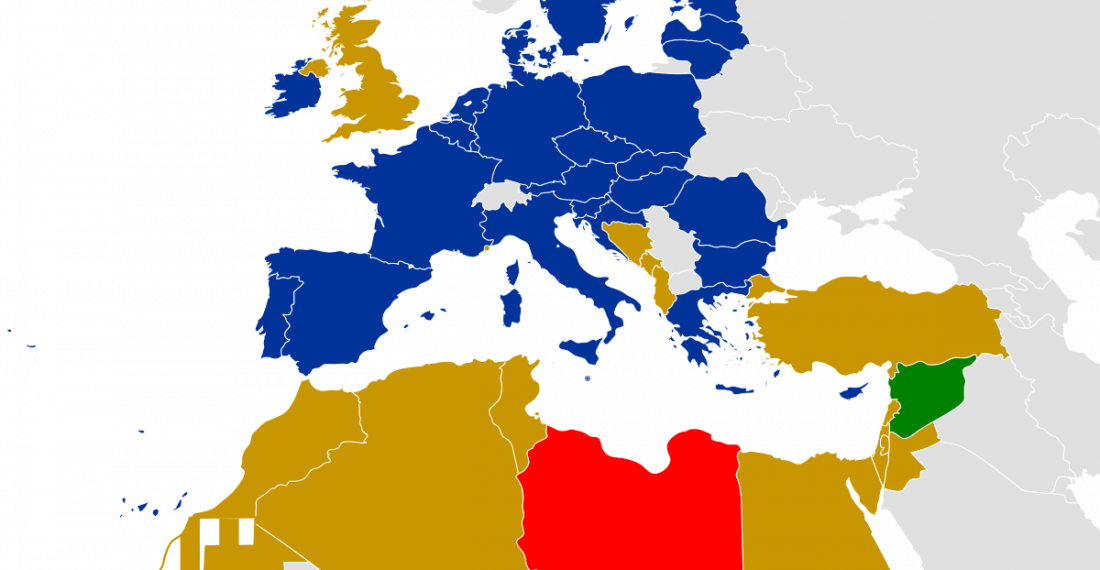The European Union has officially kicked off the reflection process on the EU-Southern Neighbourhood partnership "to ensure it better responds to today’s challenges and opportunities, a process which will culminate with the adoption of the 'Joint Communication on a renewed partnership for the Southern Neighbourhood', foreseen for the first quarter of 2021." This was stated on Friday (27 November), during the EU-Southern Neighbourhood Ministerial Meeting hosted by Spain in Barcelona.
Ministers exchanged views on how to mitigate the impact of the COVID-19 pandemic to foster more stability, security and prosperity for all, create more jobs and promote sustainable development. They noted that EU priorities such as the green and digital transformation, the importance of diversified, shorter value chains and the focus on inclusive sustainable growth offer new opportunities for cooperation. They also discussed the need to stimulate private investment and advance economic and governance reforms.
Other issues discussed included joint migration management and mobility as well as opportunities to reinforce the fight against terrorism, new security threats and organised crime through more regional and sub-regional cooperation.
A statement published on the website of the European External Action Service said,
The EU will develop its new Communication taking into account its partners’ needs, the EU values and priorities, and changing strategic perspectives, in order to promote a positive agenda, foster sustainable, inclusive recovery and development, and improve the region's common resilience. A consultation with stakeholders, including partner countries, civil society, the private sector and other interested parties, will be carried out in parallel to that effect.
Friday's meeting coincided with the 25th Anniversary of the Barcelona Declaration, which launched the Euro-Mediterranean Partnership in 1995.
Speaking at the event in Barcelona, EU High Representative for foreign and security policy, Josep Borrell said,
"Can we say the Mediterranean [region] is in a worse shape today than 25 years ago? I am afraid yes, from many points of views. It is fragmented economically, it remains one of the least integrated region in the world and we have been discussing a lot about it today. The countries in North Africa or the South Mediterranean they only have 5% of their trade among them[selves]. Which you have to compare with trade among European Union Member States to see how different is the integration in both shores of the Mediterranean. Old conflicts have not been solved and new conflicts and political tensions have been creating additional obstacles to the cooperation in the region."
source: commonspace.eu with the press service of the European External Action Service






